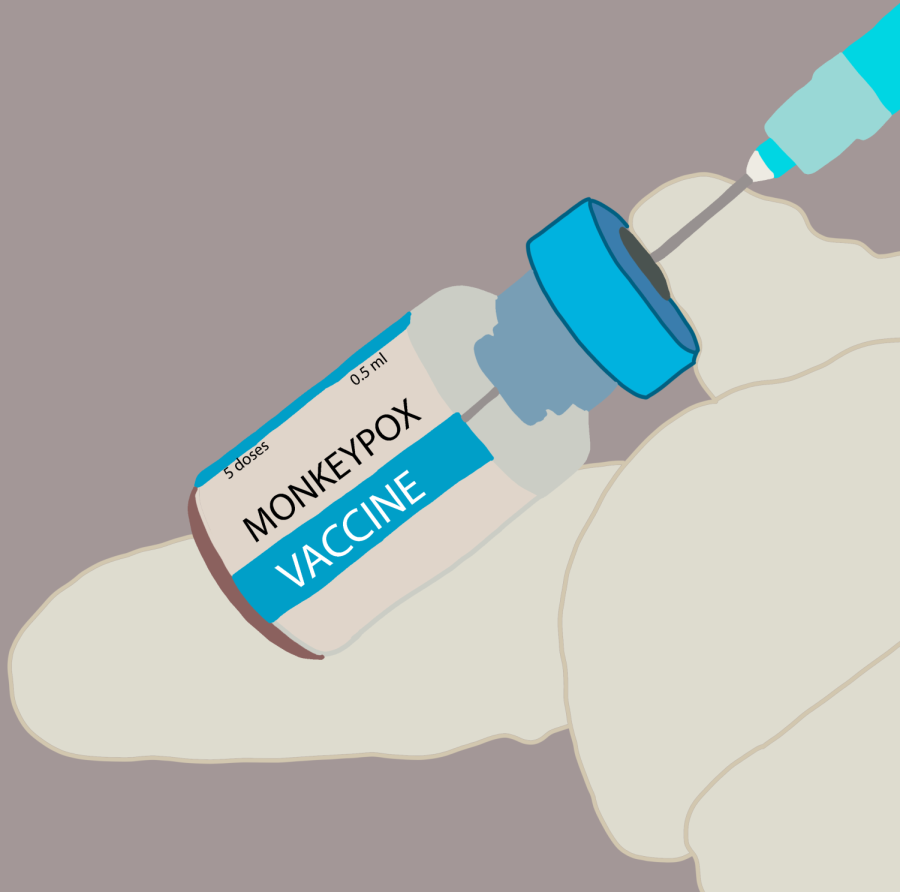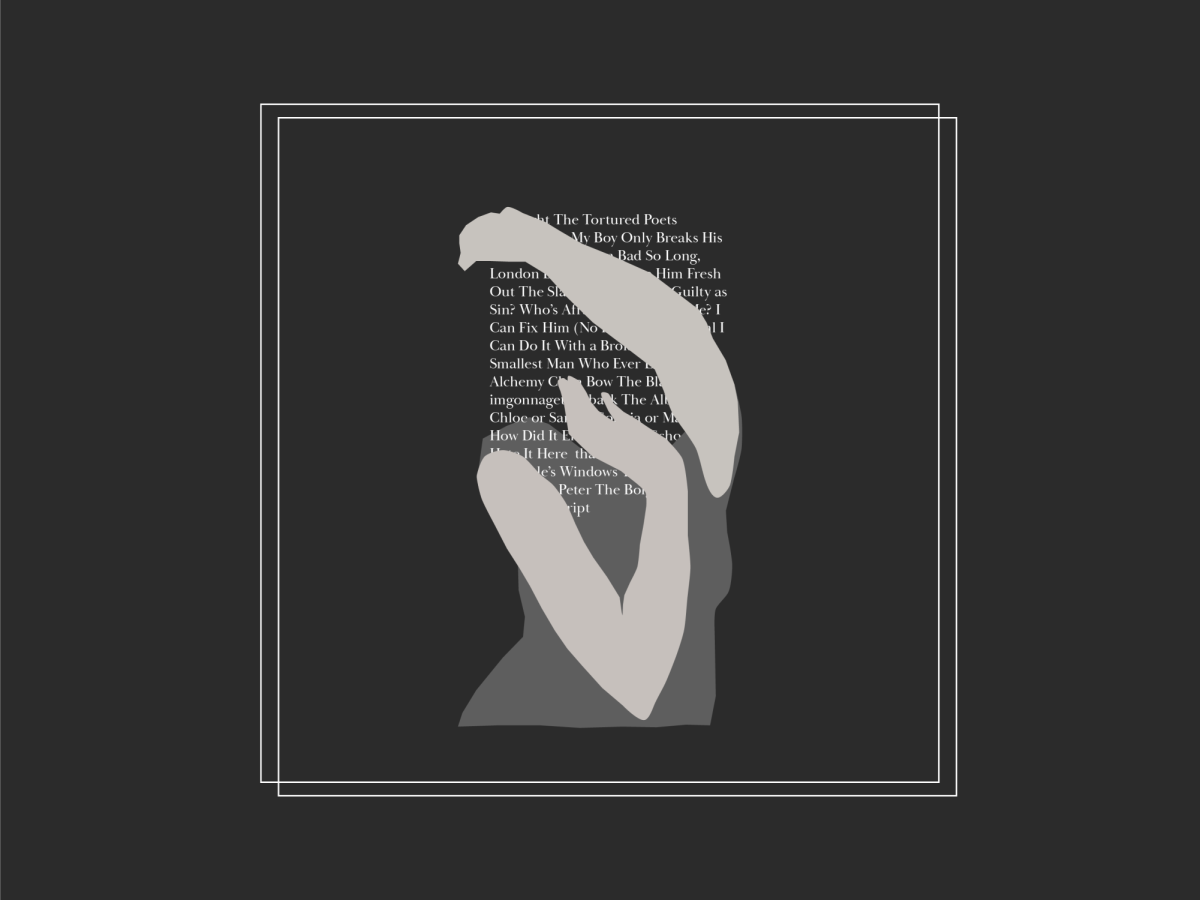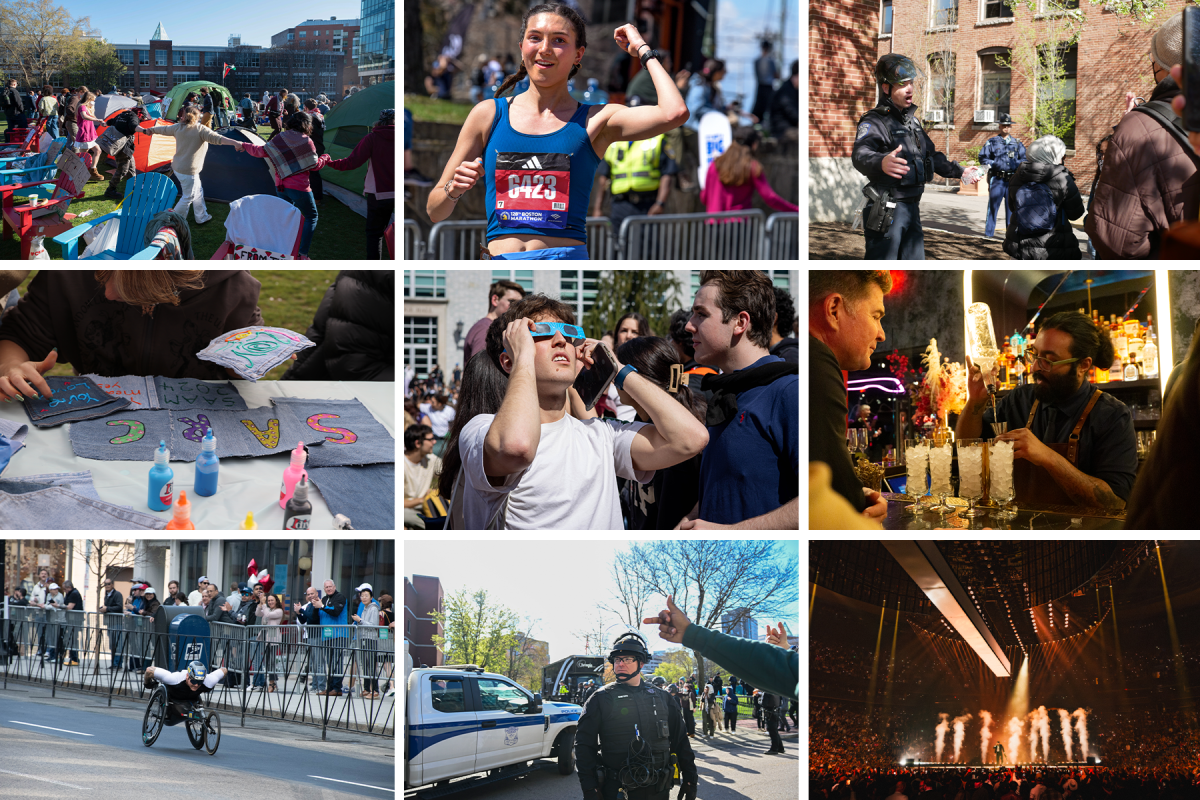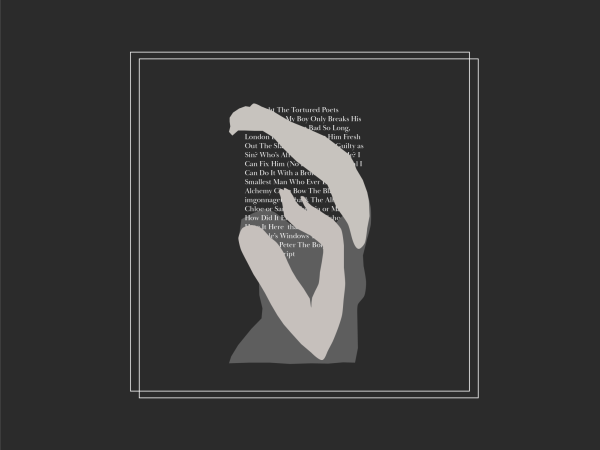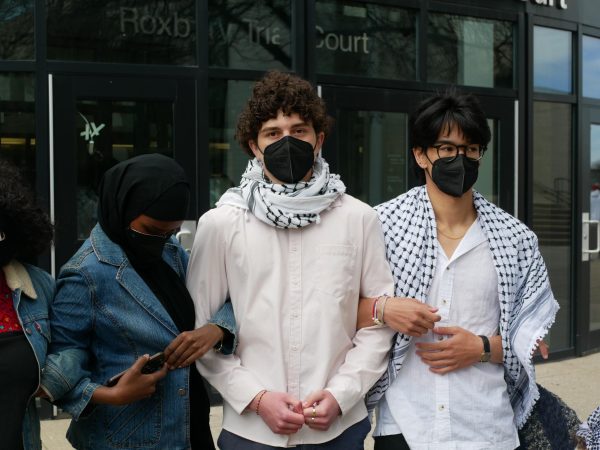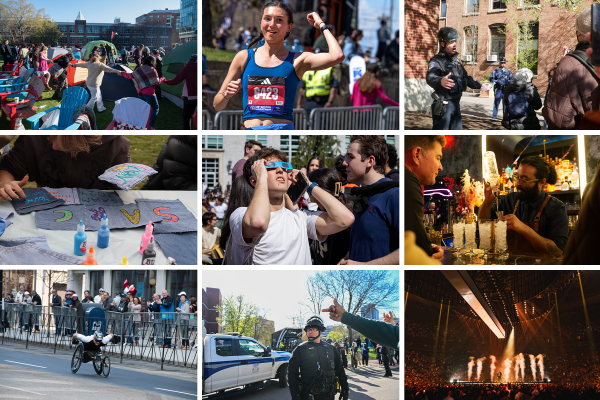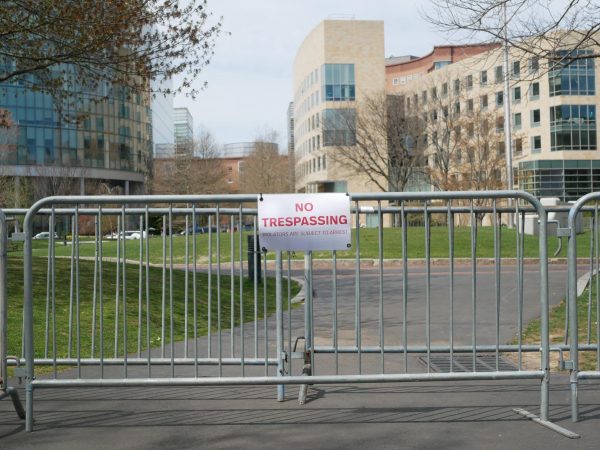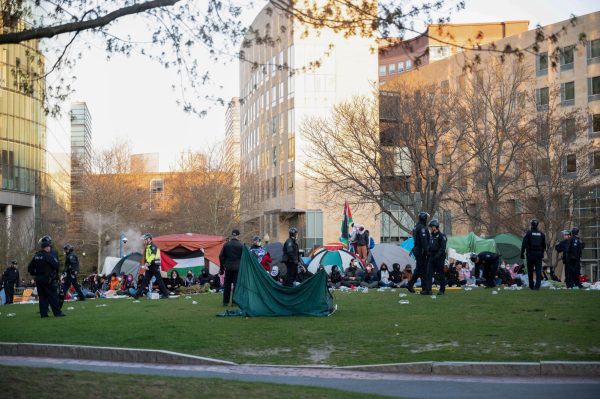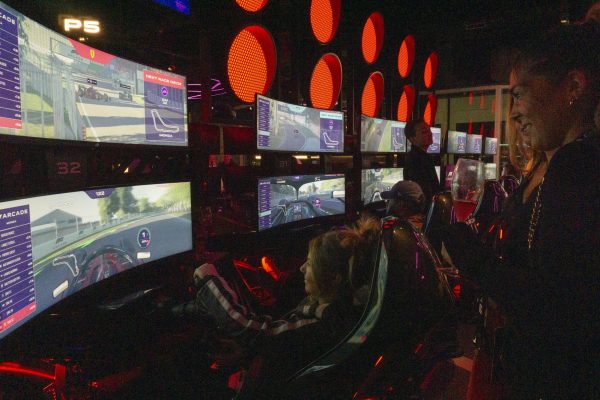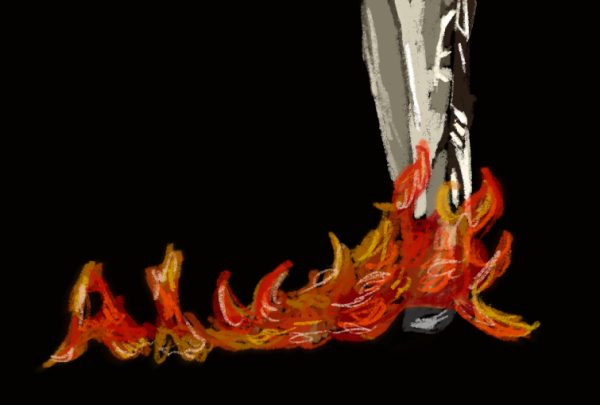Students lack confidence in Northeastern’s plans for monkeypox outbreak
The monkeypox vaccine is currently only available to those who meet the CDC’s eligibility requirements.
September 8, 2022
Since the U.S. Department of Health and Human Services declared Aug. 5 that the monkeypox outbreak is a public health emergency, Northeastern is playing a role in the observation of the spread of the disease in the Boston area and beyond.
“Northeastern is actively monitoring cases of monkeypox in the regions surrounding its campuses across North America and in London. We are prepared and equipped to handle cases should they occur, just as we would with any infectious disease. Northeastern has also taken a leadership role by establishing a national surveillance testing system to test for monkeypox at airports and other entry points across the U.S.,” Northeastern spokesperson Shannon Nargi wrote in an email statement to The News Aug. 8.
The Life Sciences Testing Center at the Innovation Campus in Burlington, which operated as Northeastern’s COVID-19 testing lab, is also used to surveil the spread of monkeypox.
Jared Auclair, the associate dean of professional programs and graduate affairs in the College of Science, is a leading technical supervisor at the Life Sciences Testing Center, whose team is collaborating with Ginkgo Bioworks to develop a system to test samples collected at airports and other places of entry to the country for monkeypox.
Northeastern’s national scale contribution still leaves Julia Krupp, a second-year business administration and communication studies combined major, with concerns about her own personal safety.
“If the national surveillance system isn’t implemented on campus or on a smaller scale, it is not enough for the school to provide peace of mind for its students. If we had this system at certain high-traffic buildings on campus like [Stetson East, International Village, East Village and Snell Library], I think it would definitely provide more peace of mind,” Krupp said.
Julie Tran, a second-year psychology major, is concerned about returning to school with the rising cases of monkeypox.
“I am already scared of COVID-19, and monkeypox has a greater effect like excruciating pain. The school also has no way to prevent body-to-body contact, which is how monkeypox is primarily transmitted,” Tran said. “Northeastern also has not talked to us a lot about it, so I don’t know what to expect.”
The Massachusetts Department of Public Health recorded a total of 317 monkeypox cases in the Commonwealth on Sept. 2 since the state’s first case was announced May 18.
“If we see continuously increasing cases in Boston, Northeastern should reinforce quarantine like how they did with COVID-19, and implement a no-tolerance policy toward students who break it,” Tran said. “The school already went through COVID-19 at its peak, so I think Northeastern should be better equipped to contain monkeypox.”
While Krupp said she currently feels comfortable coming back to school, she is unsure how the school will handle the situation if there is an outbreak.
“I feel relatively safe coming to campus, but I am a little worried about going to the gym and such because it is an area with a lot of sweat and bodily fluids, and I know that’s one way monkeypox can spread,” Krupp said. “If monkeypox spreads on campus in the fall, I don’t really know what Northeastern will do. On one hand, I think having a place to quarantine so you don’t spread it to others is nice, but I don’t think Northeastern has the infrastructure to pull that off as we’ve seen with their handling of COVID-19.”
According to the current Centers for Disease Control and Prevention eligibility criteria, only those with known contacts identified by a public health department, those who have a sexual partner in the past 14 days was diagnosed with monkeypox and those who had multiple sexual partners in the past 14 days in a jurisdiction with known monkeypox are eligible for the JYNNEOS vaccine. The administration of the JYNNEOS vaccine is only available by appointment at designated health care locations.
Krupp said she hopes that Northeastern can aid and monitor its students with the vaccination rollout.
“Northeastern should ensure everyone is vaccinated for monkeypox when it starts to distribute to a wider population. With all the new infrastructures, the school should also serve as a vaccine distribution center if that means students will get access to the vaccine,” Krupp said.
Moving forward, students such as Margo Laats, a second-year psychology major, hope Northeastern will further educate and spread trusted information to its students.
“I wish the school will educate us and inform us about the monkeypox in the future, so students will not be misinformed,” Laats said. “Mainly educating the students and prevent any fearmongering can be the first step Northeastern take to ensure the safety of its students.”


